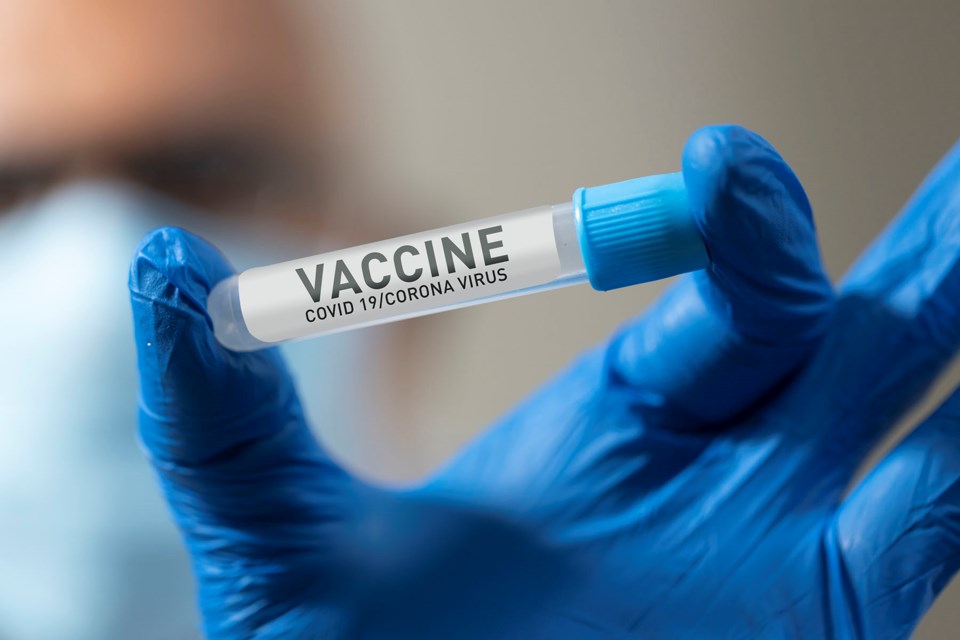Premier Scott Moe and chief medical health officer Dr. Saqib Shahab gave an update on the province’s vaccine delivery expectations for the coming weeks, confirming that Modern has also reduced the number of COVID-19 doses it will be providing.
After no vaccines provided last week from Pfizer-BioNTech, a delivery of 5,650 vaccine doses will arrive this week, which will be used to provide second doses to individuals already vaccinated in North Battleford, Saskatoon, and Prince Albert and first doses in Moosomin.
Moderna’s delivery, expected on Feb. 1 but delayed until later this week, will total 6,000 doses — a reduction from the promised 6,500 vaccines reported last week by officials. These vaccines will be used to administer second doses in communities in the far north and northwest regions of the province, as well as first doses in Rosetown and Kindersley.
Moe confirmed that the next shipment of vaccines from Moderna for the last week of February will also be reduced, although officials are unsure by how much.
An estimated 190,000 individuals were included in the first phase of the province’s vaccination plan, meaning the Saskatchewan Health Authority needs 380,000 vaccines to complete Phase One.
Moe shared that as of today, the province has received just under 10 per cent of the vaccines needed to complete Phase One, with the promised deliveries in the coming weeks raising that number to 12 per cent.
Moe once again called on the federal government to negotiate an increase in vaccine deliveries, noting that federal officials have promised there will be an uptick in vaccines supplied in the second quarter of the year.
Shahab also addressed the discovery of the U.K. variant strain of COVID reported in Regina today, sharing that the Roy Romanow Provincial Laboratory is actively testing for all COVID variants when processing tests in the province.
The majority of variant cases currently identified in Canada have been largely linked to travel, said Shahab, which in some cases was then spread by a household transmission.
It can take up to one or two weeks to return results on variant strains, said Shahab, because the process first focuses on identifying a COVID-positive before looking at transmission details that could link cases to possible variant strains.
Although the province’s case numbers per population appear to be on a slow downward trend, Shahab once again asked residents to continue adhering to the public health orders currently in place.
The statistics for both active and new cases per 100,000 people remain high, said Shahab. The province’s downward trend of positive cases is not universal across all of Saskatchewan, with a number of hotspots still showing spikes in positive cases.
The provincial government says it is not considering lifting any public health orders or adding any new ones at this time.
“Everything we’re doing right now is everything that’s important to minimize the transmission of any COVID strain, whether it's a variant of concern or the predominant strain here in Canada right now,” said Shahab.
For more information on COVID-19 in Saskatchewan, visit saskatchewan.ca/COVID19.




